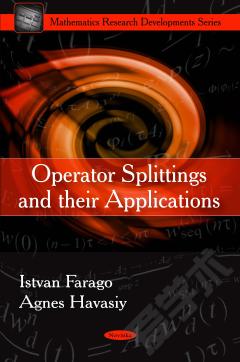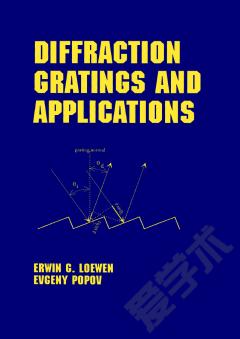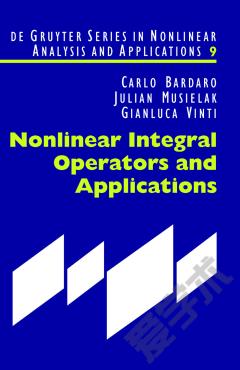Operator Splittings and their Applications
The mathematical modelling of several real-life phenomena is mostly based on systems of time-dependent partial differential equations. The high complexity of these systems requires the application of numerical solution techniques. However, if some “off-the-shelf” solver is applied directly to the system, accuracy and efficiency of the numerical solution can hardly be satisfied at the same time. Therefore, procedures that allow us to lead the solution of the system back to the solution of simpler systems for which sufficiently accurate as well as efficient methods exist, are of great significance. This is exactly what operator splitting attains. The different sub-processes of the described phenomenon are treated separately during operator splitting, by coupling the corresponding mathematical problems through their initial conditions. In the treatment of large scientific and engineering problems splitting procedures are an excellent tool (and, very often, the only tool) by which huge computational tasks can be made tractable on the available computers. This is the reason why in the last period splitting techniques have been widely used in many fields of real-life numerical modeling, and the number of the publications in this topic is exponentially growing. At the same time, there does not exist a well-based, systematic work on the different theoretical and practical aspects of this approach. The major aim of this work is to help scientists dealing with numerical modelling of real-life problems in understanding and applying different splitting methods. We recommend our work to numerical modellers and engineers as well as to graduate students who would like to become familiar with a very efficient computational method, applicable to a wide class of problems.
{{comment.content}}








 京公网安备 11010802027623号
京公网安备 11010802027623号